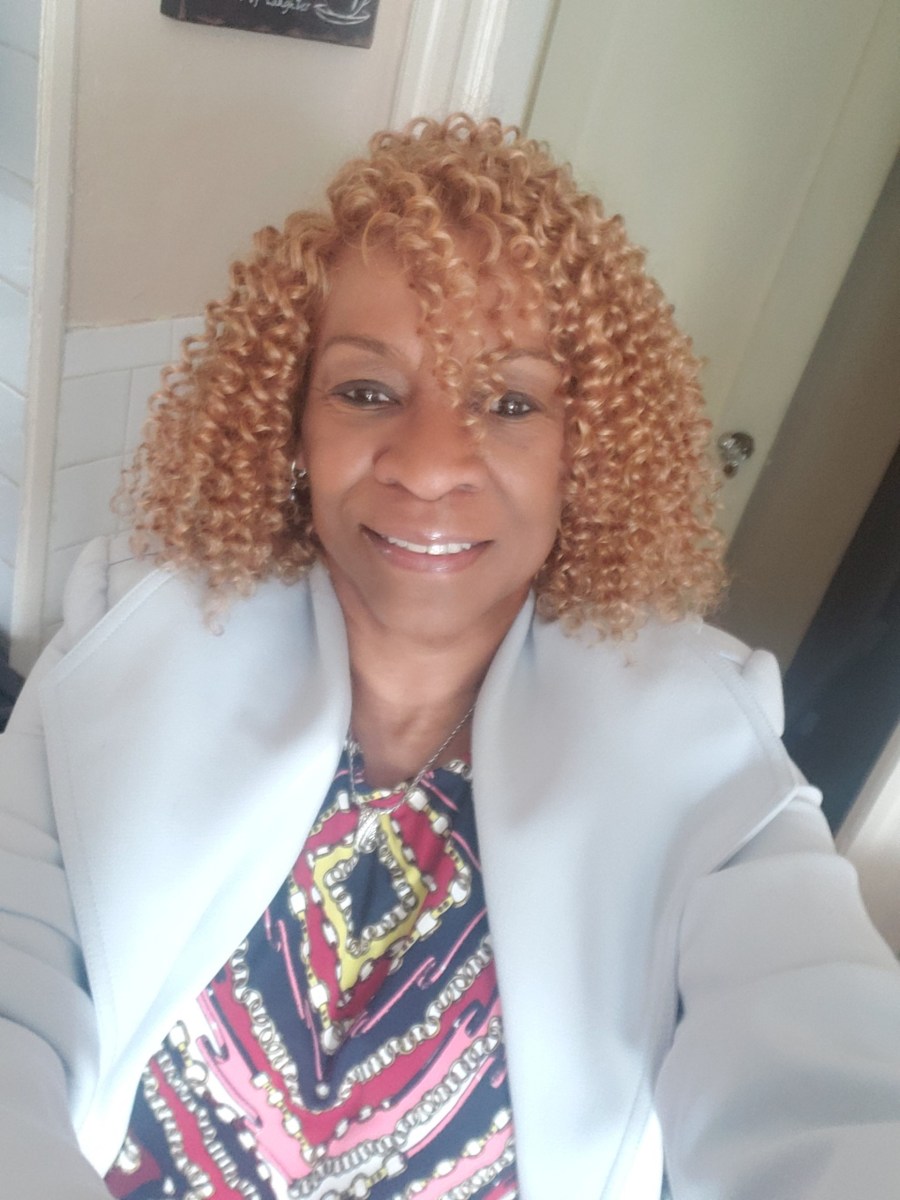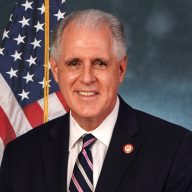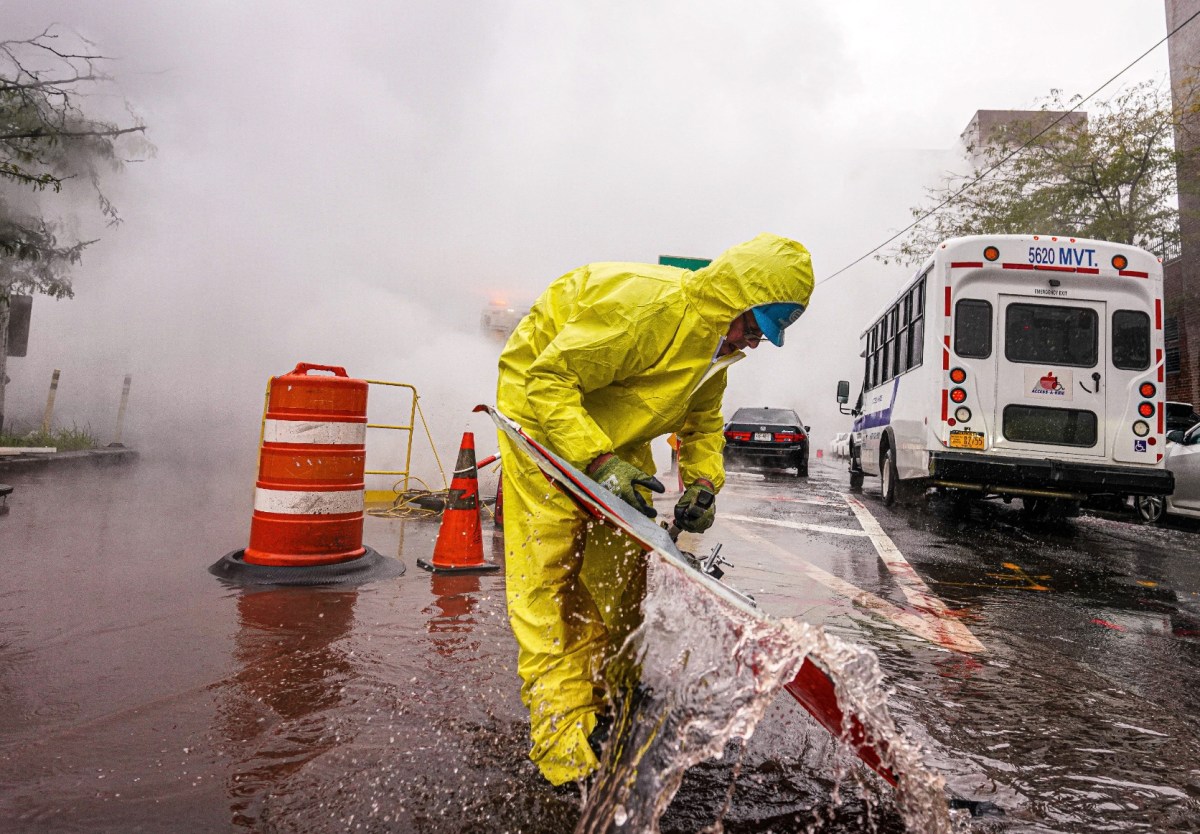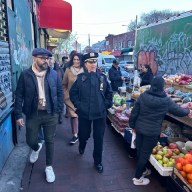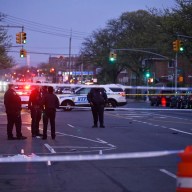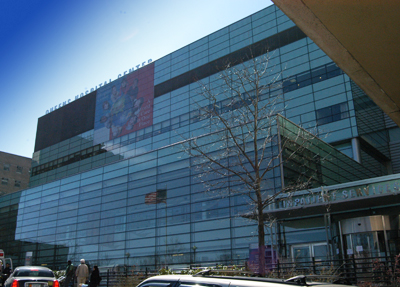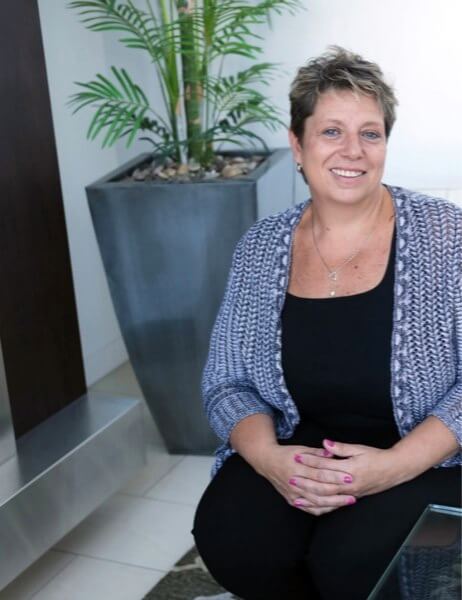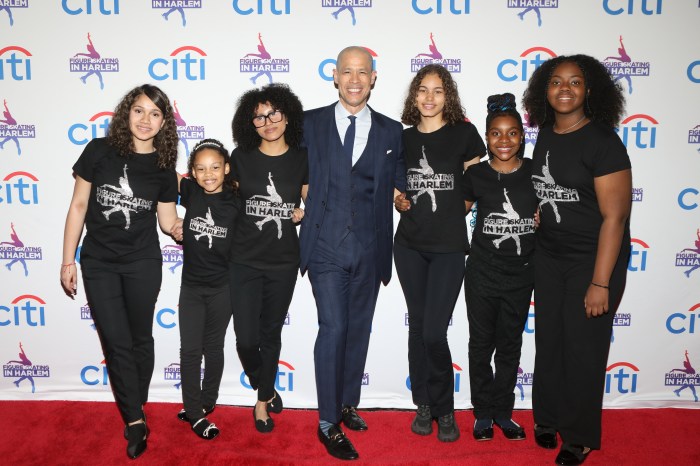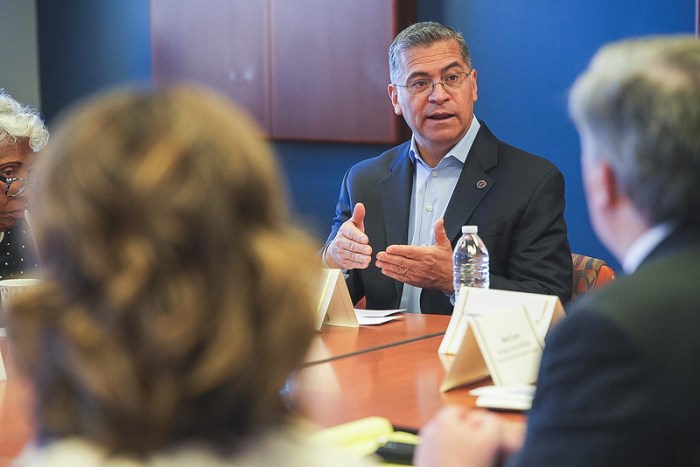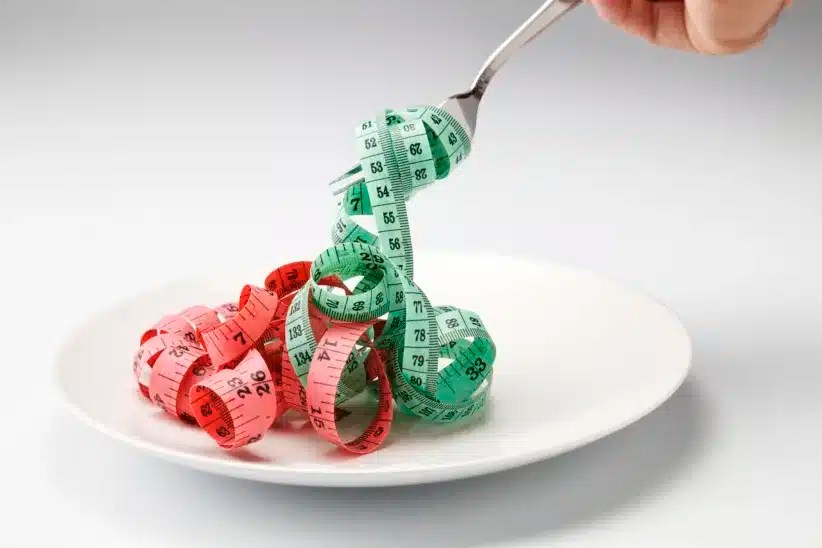Faith has kept Michelle Robinson, 67, of East Elmhurst, optimistic on her path to recovery as she went through surgery, rounds of chemotherapy and radiation following the removal of a lump from her right breast.
Robinson, who is a business administrator at Bethel Gospel Assembly Inc. in Harlem, was diagnosed in February of this year with stage 1 triple negative breast cancer, an aggressive form of cancer that affects many African American women.
“If I had not been consistent on having my mammograms annually, and if I didn’t go this past February to get my mammogram and had ignored it, the outcome would’ve been different,” Robinson said.
In 2020, Robinson had a mammogram before the city shut down due to the COVID-19 pandemic. Earlier this year, Robinson had a mammogram and was told that she needed to have an ultrasound and a biopsy, all of which was done in three hours, she said.
On Feb. 17, she received a phone call from her doctor saying that they saw something that had to be removed.
“I saw a surgeon that afternoon and two weeks later I had surgery,” said Robinson, who received treatment at NewYork-Presbyterian Columbia University Irving Medical Center. “It all happened very quickly, and because it was an early detection I sensed that everything was going to be okay.”
Following surgery, Robinson was told that she was cancer free and had to endure six rounds of chemotherapy over a period of four months. On Oct. 6, Robinson completed five weeks of radiation, which she has been going to for five days a week.
“They had to treat it in an aggressive mode to ensure that it would not spread anywhere else in my body,” Robinson said.
There was never any doubt in Robinson’s mind that it would be a difficult process, she said.
“I never had to have a mastectomy, so maybe things would’ve been different if I had one. I was never nauseous, but I lost my appetite,” Robinson said. “Some days my body felt a lot of stress immediately after chemotherapy. I was in some pain.”
According to Robinson, she had an excellent support network through family, friends and her church family. Since radiation wasn’t as stressful on her body, she was able to take herself to those treatments, she said.
Having taken care of her parents who had cancer, Robinson said she understood the process of chemotherapy and radiation, and that knowledge helped.
“My outlook was different from the person who had absolutely no interaction with anyone that faced cancer,” Robinson said. “I made up my mind that I was going to go through it like a champion. My parents kept their outlook positive because of their faith and prayer. I never heard them complain.”
For anyone who is going through their own journey, Robinson says it’s important to have a great support system.
“Ask every possible question and if you don’t know how to ask, find someone else who you may know have gone through it or look up questions online to ask your surgeon,” Robinson said. “Also, make sure you develop a very good relationship with your surgeon.”
Robinson says her primary oncologist, Dr. Dawn Hershman, director of Breast Oncology at NewYork-Presbyterian Columbia University Irving Medical Center, was very encouraging throughout the entire process.
“She was impressed with how I carried myself. Everything I said to her was positive and she said, ‘You’re amazing. I can’t believe you’re like this,’” Robinson said. “I just can’t say enough about her care and that of her staff.”
For Robinson, it has been a journey of faith as she maintained a positive attitude and spoke of her experience to the church congregation.
“Someone walked up to me after the worship service and said, ‘I would’ve never known that something was wrong with you’ because I had kept myself active,” Robinson said. “They noticed my steps were a little slower in the hallways, but I didn’t miss a beat with my day-to-day work.”
Robinson hopes her story serves as an inspiration to others going through a similar experience, and is encouraging women to get their yearly screening.
“If I had not had my screening, my outcome would have been different. It is key that you need to have that annual screening because you never know. For me, it was so small I would not have been able to feel it with examination,” Robinson said. “It is really important to get it done.”

